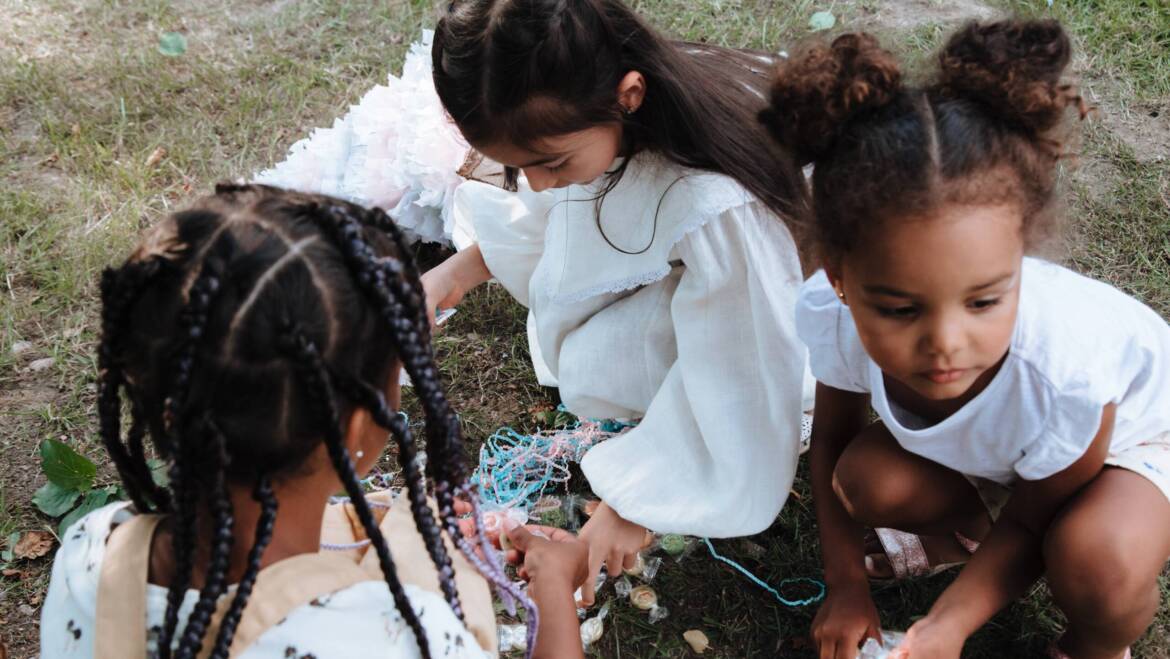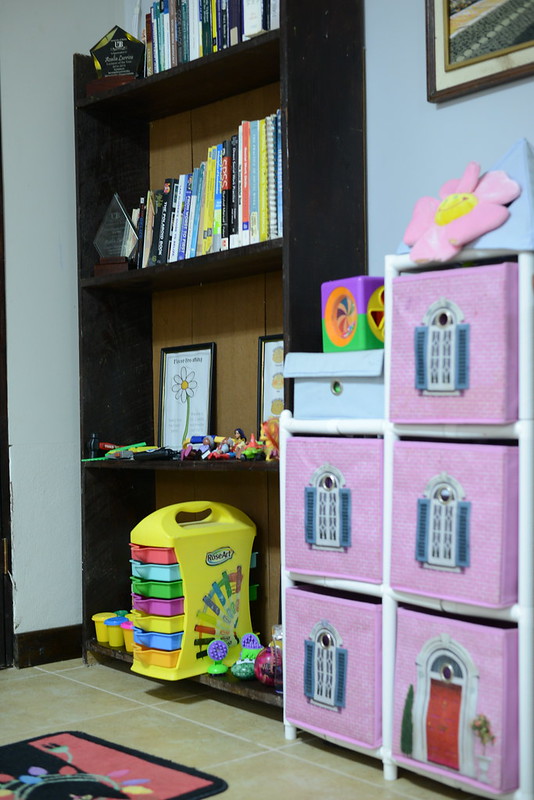They say no two children are the same. As parents, we begin to examine our own children, and very early on can tell their temperaments or personalities, likes and dislikes; you guide your children based on their unique personalities and needs.
How do we begin to understand our children? Many times, it is simply through watching them play and joining in play. Simply said, “play is your child’s language and toys are your child’s words” (Landreth, 2002).
Mental health practitioners specializing in play therapy are able to allow your child the freedom to use the play room, equipped with all necessary tools (toys) to express their thoughts and feelings.
In adult psychotherapy, we sit with you and listen. We do our best to understand and assess the individual’s situation. In play therapy, very similarly, we use a child’s unique imagination to help the child to express themselves.
The Association for Play Therapy (2021) defines play therapy as, “the systematic use of a theoretical model to establish an interpersonal process wherein trained play therapists use the therapeutic powers of play to help clients prevent or resolve psychosocial difficulties and achieve optimal growth and development.”
Children face complex emotions, such as: sadness, anger, frustration, jealousy, etc. These may lead to behavioral outbursts or problems concentrating. Equipping your child with the ability to find healthy solutions and to confront problems through a clinical play therapy setting, sets them up for success in their future.

Play therapy can be used for many social, emotional, and behavioral disorders, and life problems. A few examples of these include:
- anxiety disorders
- obsessive compulsive disorder
- depressive disorder
- neurodevelopment disorders
- disruptive, impulse-control and conduct disorder
- trauma & stressor-related disorders
- physical & learning disabilities
- divorce & family dissolutions
The aim of play therapy is to assist your child in learning healthy ways to express themselves and teaching them new solutions they can use and adapt to their lives. Children as young as three years old can benefit from play therapy. This type of therapy is successful not only for children, but can also be used with adults.
If you believe your child is struggling at school or at home, having difficulty communicating or maintaining relationships, or displaying other emotional or behavioral issues, play therapy can help.




